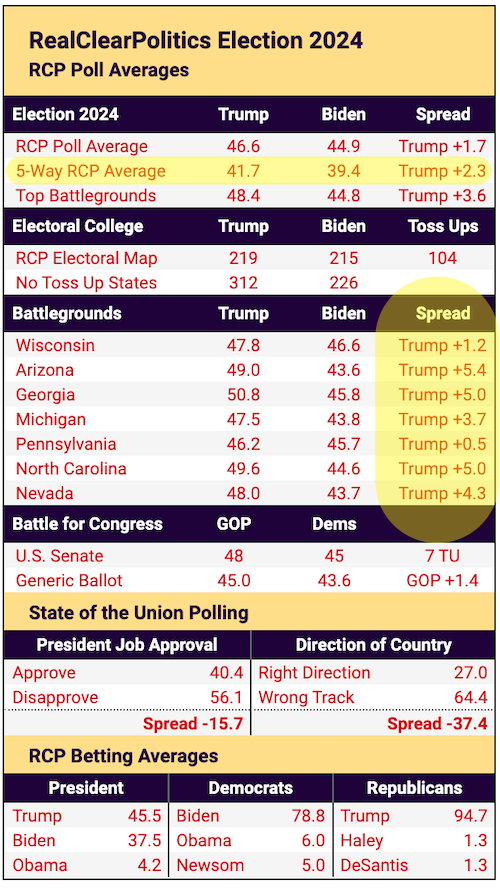[ad_1]
The US abstained and all EU states on the UN Security Council have backed a call for an “immediate ceasefire” in Gaza, as Europe prepares to also blacklist extremist Israeli settlers.
Monday’s (25 March) UNSC resolution called for a halt to fighting by “all parties” for “the month of Ramadan”, the Muslim holy month, which ends on 9 April.

It also urged “unconditional release of all [Israeli] hostages” and “ensuring humanitarian access” to starving people in Gaza.
France, Malta, and Slovenia, the current face of the EU at the UNSC, all backed the text, which passed by 14 votes and one key abstention — UNSC veto-holder the US — out of 15.
The US decision marked a rift between former iron-clad allies Washington and Jerusalem, amid failed Western efforts to chill Israeli aggression.
Israel’s military assault has killed over 32,000 Palestinians in Gaza in the past six months and, EU estimate say, put 500,000 more at risk of starvation by blocking food trucks.
It attacked Gaza after Palestinian group Hamas killed some 1,200 Israelis and took 250 others hostage on 7 October.
EU leaders called for a “humanitarian pause” in fighting on 21 March for the first time since the Gaza war began.
And Europe is preparing to impose visa-bans and asset-freezes on six extremist Israeli settlers in “early Spring”, joining wider Western pressure against Israeli behaviour in the West Bank.
Belgium, France, and the Netherlands had originally proposed listing 12 names, but six were cut to appease Israel’s EU allies — the Czech Republic and Hungary — EU diplomatic sources said.
“Down to six. Was the only way to get past the opposition,” an EU diplomat said on Monday.
Details of sequencing with new EU sanctions on Hamas were still being hashed out in Brussels, so as not to associate Israeli settlers with Hamas, which the EU designated a “terrorist” entity in 2004.
But there were “no political hiccups, only bureaucracy”, the EU diplomat said. The EU settler blacklist was “likely to come in early April,” he said.
Israeli fire has killed over 430 Palestinians in the West Bank since 7 October.
Sign up for EUobserver’s daily newsletter
All the stories we publish, sent at 7.30 AM.
By signing up, you agree to our Terms of Use and Privacy Policy.
Israel has also approved at least 3,500 new settler homes and seized 1,100 hectares of land in the West Bank — despite US and EU calls to revive a two-state solution.
Numbers tell story
The EU blacklist of six names fell far short of what was needed to curb Israeli behaviour, said H.A. Hellyer, a security expert at Royal United Services Institute think-tank in London and the Carnegie Endowment for International Peace in Washington.
“The settlements in the West Bank are, by definition, all illegal, and the European Union has already, quite correctly, identified them as such,” he said, referring to the more than 700,000 Israeli settlers in East Jerusalem and the West Bank.
“The entire settlement enterprise is an illegal operation, and should be treated as such,” he said.
But the EU sanctions will still be the first of their kind since the 1967 Six-Day War, when Israel occupied East Jerusalem, the West Bank, and Gaza.
And it was widely seen as just an initial round of concerted EU, US, and British action if Israel continued to escalate.
“What matters most is that any sanctions will be adopted,” said Martin Konečný, director of the European Middle East Project, a human-rights group in Brussels.
“It breaks the [EU] taboo on sanctioning any Israelis over abuses against Palestinians,” he said.
[ad_2]
Source link



















